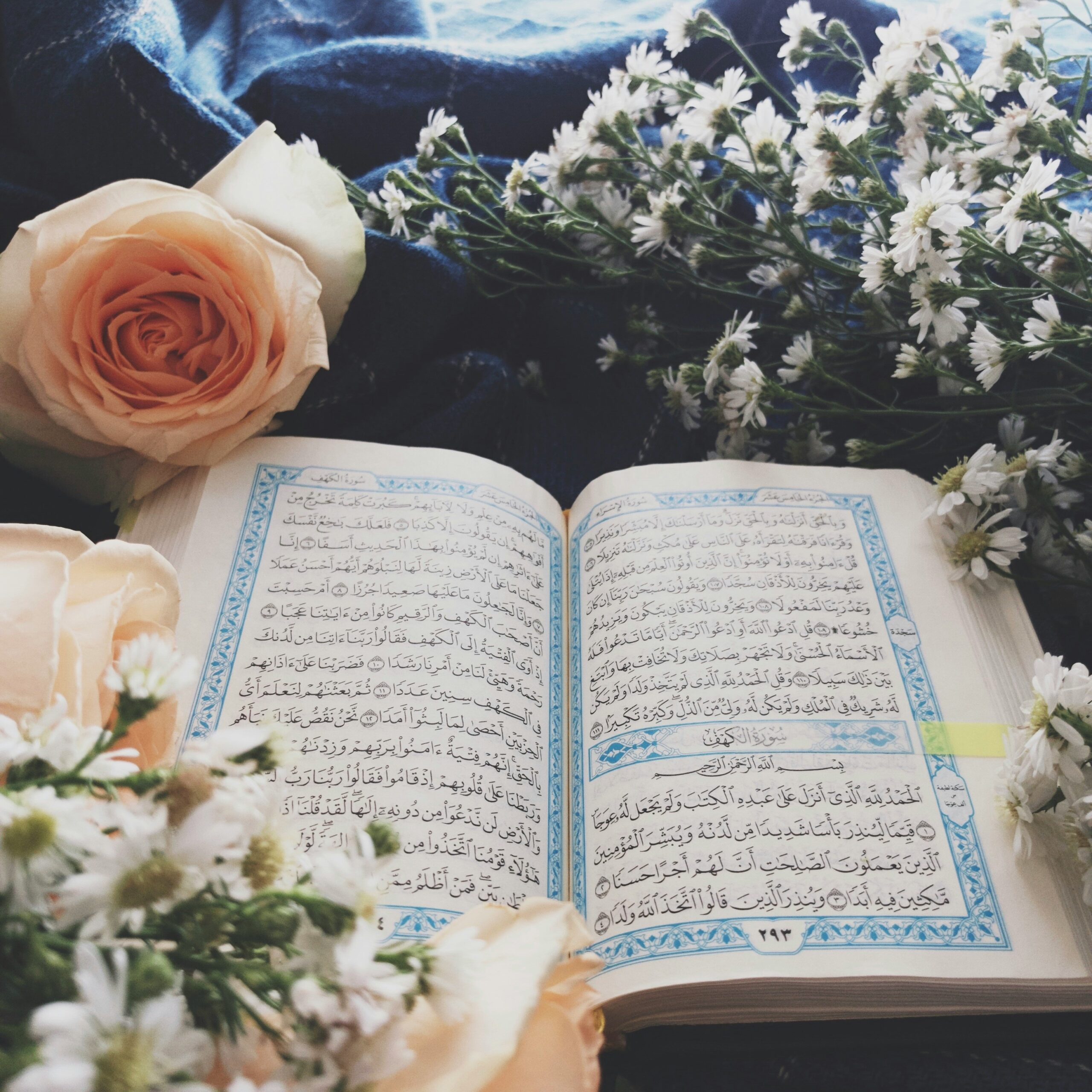Currently Empty: ₹0.00
Quran Recitation
What Is Tajweed and Why Is It Important in Quran Recitation?

What is Tajweed?
Tajweed is the art of perfecting Quran recitation. To master Tajweed and Quran recitation, one must understand the rules that preserve the beauty and meaning of Allah’s words.
Tajweed, derived from the Arabic root word “j-w-d,” (ج و د) means “to improve” or “to make better.” In the context of Quranic recitation, Tajweed refers to the set of rules that govern the pronunciation of Quranic letters and words to ensure their proper articulation and to maintain the divine beauty of Allah’s words.
These rules were developed to preserve the original style of recitation as it was revealed to the Prophet Muhammad (peace be upon him). Tajweed is not just about proper pronunciation; it embodies respect and reverence for the Quran by reciting it in the manner intended.
The Purpose of Tajweed
The Quran was revealed in a precise manner, and its recitation is both a spiritual and technical act of worship. Tajweed ensures that:
- The Quran is pronounced correctly, without altering the meanings of the words.
- The reciter maintains the rhythm and melody that enhance the listener’s connection to the Quran.
- Common mistakes, such as omitting sounds or mispronouncing letters, are avoided.
Key Rules of Tajweed
Tajweed covers several aspects of recitation. Some of the key components include:
-
Makharij al-Huruf (Articulation Points):
Understanding where each letter originates in the mouth or th-sures accurate pronunciation.
-
Sifaat al-Huruf (Characteristics of Letters):
Recognizing the attributes of letters, such as whether they are soft or strong, helps to pronounce them correctly.
-
Qalqalah (Echoing Sound):
This refers to a slight “bouncing” sound for specific letters when they are in a state of Sukoon (absence of a vowel).
-
Madd (Prolongation):
Certain vowels are stretched for a specific duration, enhancing the melodic quality of the recitation.
-
Ghunna (Nasal Sound):
A nasalized sound applied to specific letters for a harmonious recitation.
The Spiritual Significance of Tajweed
Reciting the Quran with Tajweed brings a unique spiritual experience. It deepens one’s connection to the words of Allah, promotes reflection on their meanings, and allows for a profound engagement with the Quranic message. The Quran itself emphasizes the importance of proper recitation:
“And recite the Quran with measured recitation.” (Surah Al-Muzzammil: 4)
Moreover, the Prophet Muhammad (peace be upon him) encouraged believers to beautify their recitation and taught that those who struggle to recite properly will be rewarded twice: once for the recitation and once for the effort.
Learning Tajweed
Tajweed is not just for scholars; it is accessible to anyone willing to learn. With the help of qualified teachers, online courses, you can master the principles of Tajweed. Consistent practice is key, as it allows you to develop fluency and confidence in recitation.
Conclusion
Tajweed is an essential component of Quranic recitation that ensures the words of Allah are recited with accuracy, beauty, and respect. It connects us deeply to the Quran, preserves its authenticity, and elevates our worship. Whether you are just beginning your journey or refining your skills, learning Tajweed is a rewarding endeavor that brings you closer to the Quran and its timeless message.
Mastering Tajweed and Quran recitation is a lifelong journey that strengthens your connection with the Quran. Start learning today and experience the spiritual rewards of perfecting your recitation.
Ready to master Tajweed? Explore our comprehensive Quran courses designed for learners of all levels.





Kader L
Jazakumullahu khair